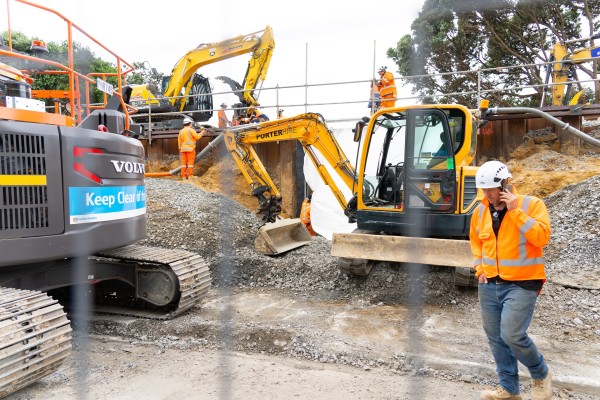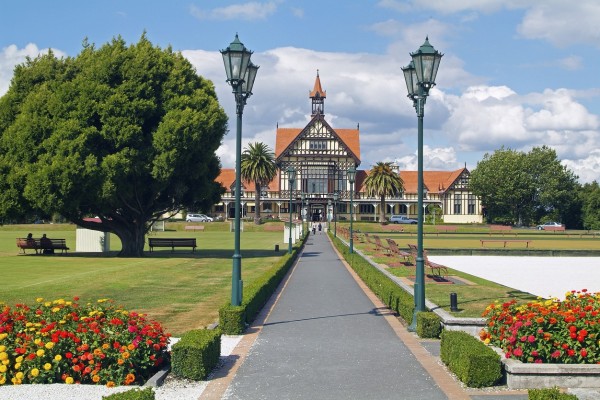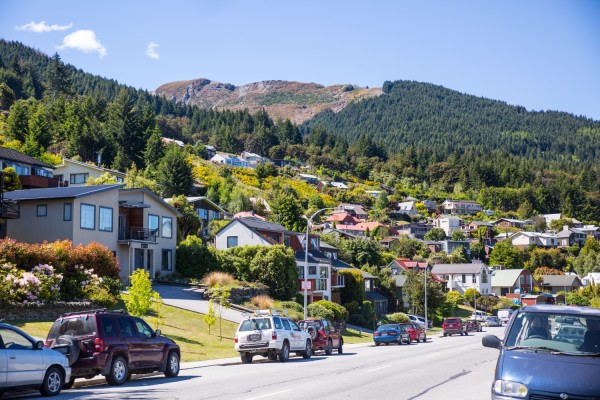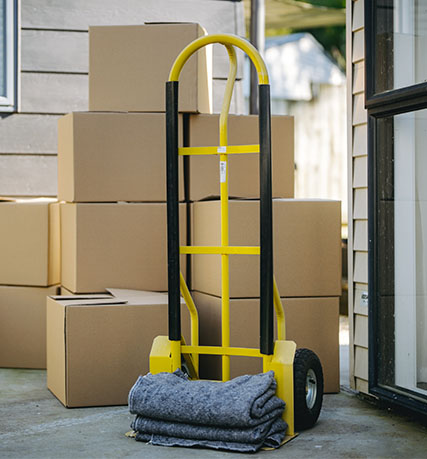7 Downsides to Consider Before Moving to New Zealand

Many people see New Zealand as the perfect place to live, with its amazing nature and mild climate year-round. As a beautiful country with so much space, it’s no wonder many people want to move here from places around the world.
Before you move to New Zealand and transition from your current home country or region, it’s important to do some research. Consider all the pros and cons of living in New Zealand long-term so you don’t regret making the move!
1. New Zealand is expensive
There’s a consensus amongst people living in New Zealand that our country is expensive. We tend to pay more than other countries for rent, eating out, groceries, electricity, petrol and clothing.
However, New Zealand cities don’t rank as expensive compared to the global cost of living in other countries.
Mercer’s Cost of Living Survey ranked Auckland and Wellington as the 103rd and 123rd most expensive cities last year. Hong Kong, New York, London and Paris all made the top ten. Wellington tied for 103rd place with Lyon, France.
To live comfortably in Wellington, the average person would have to bring in around $4,000 a month — the cost of some New York apartments.
2. New Zealand is isolated from other countries
Situated in the South Pacific Ocean, New Zealand is a world away from other great land masses. With only Australia, Antarctica, and the Pacific Islands as neighbours and a population of only 5 million, are New Zealanders really okay down there?
New Zealand’s isolation is one of its perks. If you’ve ever travelled to Europe in the peak of summer, you know that crowds of tourists can hurt your experience. New Zealand’s isolation means only the most dedicated tourists care to take the 14-24 hour flight it often takes to get here.
Other issues associated with mass tourism, like gentrification and competition with Airbnb, are not issues.
However, flights from New Zealand to Europe and America are expensive and lengthy. On the flip side, it’s worth trading holidays in Europe to explore our beautiful country and those of our Pacific neighbours.
3. New Zealand is too quiet
If you’re expecting New Zealand’s major cities to compete with London and New York, then prepare to be disappointed. Auckland, the nation’s largest city, has just over 1.2 million residents, a mere blip compared with the 8-12 million inhabitants of metropolitan centres overseas.
While it’s true that living in New Zealand means waiting longer for your favourite band to go on tour or experiencing the level of festivities that Glastonbury or Coachella provide, New Zealand's quiet nature is part of its charm. Furthermore, if you’re looking for culture, you won’t be disappointed with making a move.
Wellington is known for live local music, art, culture and food; Christchurch has a revived hospitality scene and good beer. If you’re looking for international food, experimental cocktails, and Pacific culture, you’re after Auckland has it all (and more) in spades.
4. Goods are more expensive here than overseas
New Zealand is a small country in the south Pacific. While we produce a large amount of food (enough to feed 40 million people), much of what we produce is exported, and many other items like electronics, cars, and white goods are imported from overseas. A lack of competition between supermarkets makes buying fruit and vegetables more expensive.
There is a flip side to this cost of material goods. New Zealanders aren’t particularly fussed about having the latest and greatest things. If you’ve spent your life trying to ‘keep up with the Joneses’, you might find that this attitude of humility is rather refreshing.
5. The public transport isn’t very good
If you’re used to taking public transport or don’t drive, New Zealand might not be the country for you. While Wellington and Christchurch have reasonably decent public transport systems, most cities, including Auckland, are not well connected.
New Zealand’s public train network was largely sold off in the 1980s, so travelling between cities requires a car or plane ticket.
If you live outside a major city, you’ll find it easier to get around with a car. Furthermore, some of the best parts of New Zealand are located at the end of gravel roads.
6. Housing is expensive, and your first home will probably need some work
Housing is expensive in New Zealand. During the pandemic, house prices rose 28%. In 2022, house prices are dropping slightly but only marginally compared with how they rose. Many New Zealanders find it challenging to buy their first home in this climate.
To add insult to injury, New Zealand’s housing stock isn’t that great. If you find an affordable home, you’ll likely need to spend a lot of time and money renovating it.
7. You might be colder indoors in winter
Most of New Zealand has a very temperate climate, with warm summers and cooler winters. Unless you live far inland, most cities here don’t experience snow in the winter.
You’d think that, given this mild climate, winter’s indoors would be cosy and comfortable. Unfortunately, due to the poor quality of New Zealand’s housing stock, and lack of updated regulations, many homes are damp, cold and draughty.
The good news is the Labour Government introduced Healthy Homes Standards requiring all rental homes to have better insulation, heating and ventilation standards. It is now a requirement that homes must have adequate heating and that lounge and living areas reach eighteen degrees celsius.
While there are cons to moving to New Zealand, many of them have an upside. One thing you don’t need to worry about is the cost of moving.
Wise Move makes it easy for you to find an affordable mover by providing quotes from a range of companies. Easily receive multiple quotes that you can choose from, with only one enquiry, saving you time and effort trying to phone each moving company you find in your search. FIND a trusted mover now, create a request and book your move through Wise Move.
What do our customers say?



Wherever You Are
Moving services across New Zealand. All Covered. No Hassle.
- Auckland
- North Shore
- Wellington
- Christchurch
- Hamilton
- Tauranga
- Palmerston North
- Nelson
- Whangarei
- New Plymouth
- Queenstown
- Dunedin
- Invercargill
- Rotorua
- Napier-Hastings
- Kapiti
- Whanganui
- Gisborne
- Blenheim
- Pukekohe
- Timaru
- Taupō
- Masterton
- Levin
- Ashburton
- Whakatāne
- Rangiora
- Feilding
- Rolleston
- Tokoroa
- Oamaru
- Hāwera
- Gore
- Waiuku
- Waiheke Island
- Greymouth
- Wanaka
- Motueka
- Te Puke
- Huntly
- Matamata
- Morrinsville
- Kerikeri
- Thames
- Kawerau
- Waitara
- Ōtaki
- Lincoln
- Kaitaia
- Stratford
- Alexandra
- Dannevirke
- Carterton
- Dargaville
- Cromwell
- Waihi
- Whitianga
- Snells Beach
- Marton
- Warkworth
- Foxton
- Taumarunui
- Katikati
For every (wise)move

























